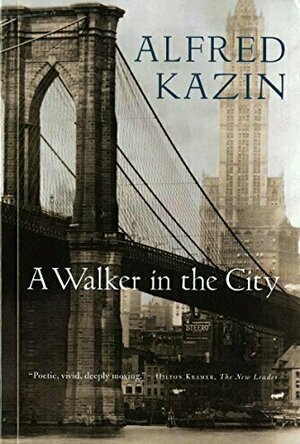
A Walker in the City
Book
A literary icon’s “singular and beautiful” memoir of growing up as a first-generation Jewish...
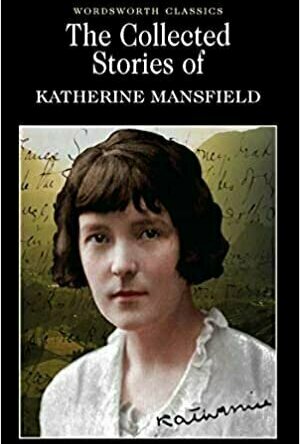
The Collected Short Stories of Katherine Mansfield
Book
With an Introduction and Notes by Professor Stephen Arkin, San Francisco State University. ...
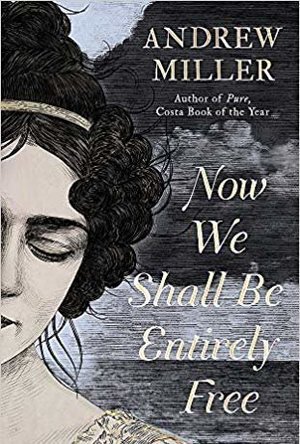
Now We Shall Be Entirely Free
Book
By the Costa Award-winning author of PURE, a stunning historical novel with the grip of a thriller,...
Literary Fiction Historical Fiction
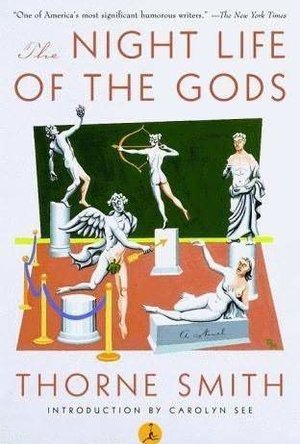
The Night Life of the Gods
Book
Thorne Smith's rapid-fire dialogue, brilliant sense of the absurd, and literary aplomb put him in...
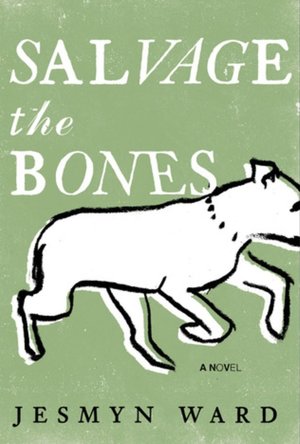
Salvage the Bones
Book
A hurricane is building over the Gulf of Mexico, threatening the coastal town of Bois Sauvage,...
Contemporary Fiction African American Literary Fiction

The Little Teashop on Main
Book
A rainy-day ritual—a tea party between three little girls—becomes the framework of not only...
Jodi Thomas The Little Teashop on Main Texas small town literary fiction coming of age
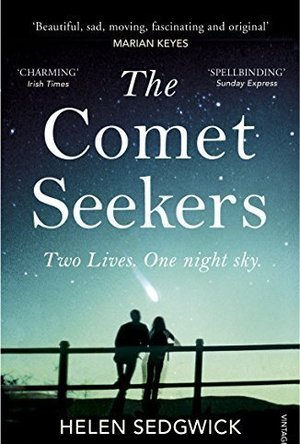
The Comet Seekers
Book
One Day meets The Time Traveler's Wife in this spellbinding, magical debut novel about love, loss,...
Fiction Literary fiction Antartica Comet Love Friendship
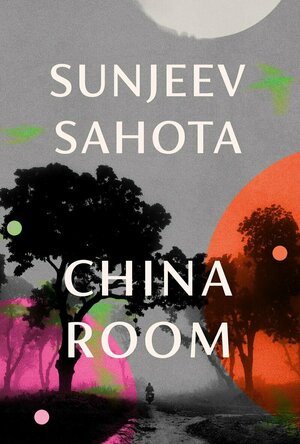
China Room
Book
Longlisted for the 2021 Booker Prize, the breathtaking story of a woman and a man in pursuit of...
Historical fiction Literary fiction India
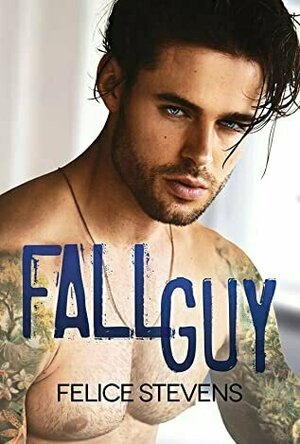
Fall Guy
Book
I hired him to protect my body, but who will protect my heart? He’s a thief, a convicted felon....
Contemporary MM Romance

Lessons
Book
While the world is still counting the cost of the Second World War and the Iron Curtain has...
WW2 Post war Germany Post War UK Relationships Literary Fiction Historical Fiction